BRAVE KIM TE
By Christopher Quah
A bright girl in search of a better future. Yet at the same time, that girl has no country to call her own. This is the story of Kim Te, where she and her people, the Chins of Myanmar were made refugees due to unrest and conflict in their homeland. She is currently 18 years old and has to depend on herself to pay for her education.
Acquainted with her since she arrived in Malaysia 9 years ago, is her teacher Marianne Liaw a Malaysian who is a staff of Scripture Union has this to say about her:
“Kim Te was just 10 years old when she joined one of the refugee schools for the local Chin community in the Sentul area. The medium of instruction is in English. She didn’t really understand English well enough. But she was very bright and enthusiastic during the class. She had a positive attitude towards learning and learned really fast. That was nine years ago. Today, she has even decided to go further in her studies to take up courses after she has completed her secondary schooling. One sad thing for Kim Te is that she has to grow up as a refugee, which is definitely not a proper way to live,” Marianne added.
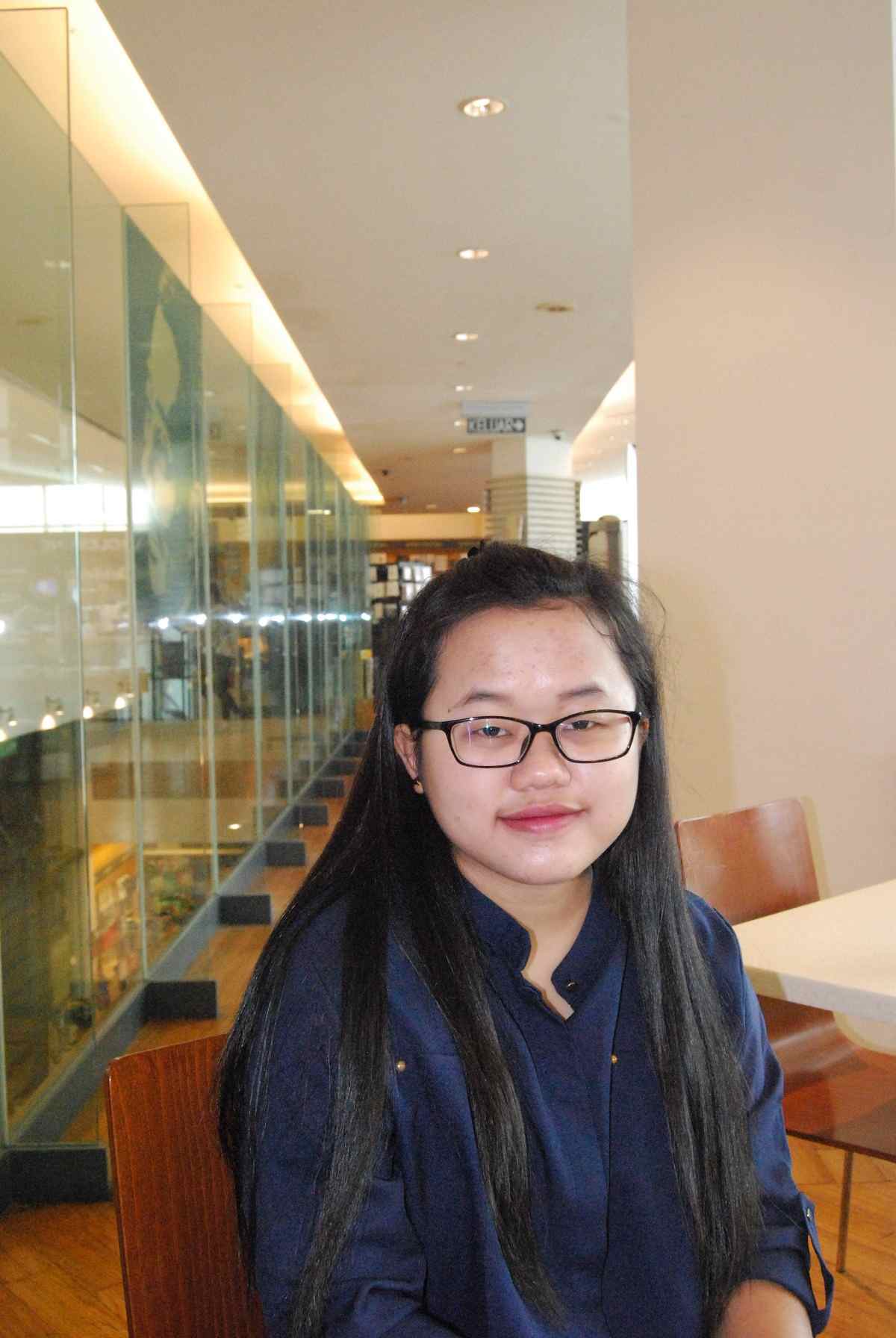
Kim Te explained that growing up as a refugee is hard. Yet there is always the hope that she will be resettled in another country where she can begin a new life. But this hope will be dashed if the impending change in their refugee status by the UN which believed that the Chin community as a whole, will no longer be seen as refugees is enforced. The reason is that the UN feels that the Chin State is safe to return. This is something that Kim Te and her family do not believe.
Kim Te said that the UN’s decision has shocked everyone in her community.
“When they told us that Chin State is safe to go back we were stunned. We asked our relatives in Chin land about returning and they told us to hang in there as it is not safe to return yet. So we protested outside UNHCR but there has not been a serious decision made on the matter to look through the case again. What is even more unfair is that this decision only applies to the Chin people and not the other Burmese refugees such as the Rohingya. We are very sad because it is like discrimination,” Kim Te explained.
In fact to let others understand how dire the situation in the Chin state is, Kim Te has decided to share her story on the circumstance that made her to arrive here in Malaysia in the first place.
“I came to Malaysia in a boat. It all began when the Myanmar army came to my village and forced the men to carry stuff for them. During that time my father was ill but they still forced him to carry stuff for them anyway. In fact, they got all the men from the village by force. It was a very long journey. My father had been walking for a day and a night until finally he could not take it anymore, and asked for some medicine from the soldiers. To his surprised, the soldiers answered him rudely that he did not deserve to get any medicine from them. Instead they beat him up. Unable to take it anymore, my father slipped away under the cover of darkness during the night back to our village. In the morning some soldiers arrived at our village looking for him. But the villagers already knew that the soldiers would come looking for him, so some men from the village had helped him to escape by boat, taking a few items with him, he managed to slip his way to Malaysia,” Kim Te explained.
Even though her father managed to flee the country, this did not stop the soldiers from harassing Kim Te and her family. They came almost daily to ask the whereabouts of Kim Te’s father.
“The harassment became so bad, that we too escaped the country and meet up with my father in Malaysia. And that is how my whole family and I moved to this country,” Kim Te explained.
When her entire family managed to arrive safely in Malaysia it was still not a happy ending for them. This was because over here in Malaysia, they were faced with other problems. Problems that commonly afflicted the refugees staying in this country. Among them was the constant trouble with the authorities.
“For me personally the police do not bother me as I look much like a local. But this was not the case with my parents and my brother. They appear distinctly like foreigners. We attend a church in Pudu. It is at Pudu where the police is most active, looking out for foreigners like us. They would ask us to show our Identification Cards. These cards were prepared and approved by the UN but the police would often times say that they were not acceptable. The reason is that they wanted us to give money to them. If not, we would be brought over to the police station and be locked up. They would threaten us to hurry with the payment, to the point that we had to borrow money,” Kim Te lamented.
She then, recalled one of the many times her family had to face the threat of these police officers who ironically were supposed to protect the innocent.
“Once they arrested my mother and put her in a lock up. My mother has a heart condition and was very much afraid that the stress of being in a lock up would result in a heart attack. We were so scared for her safety, we borrowed about a thousand ringgit to pay for her release. Thankfully, she was released on that day itself. But my brother was not so fortunate. While he was coming back from work the police caught him, and said he was not allowed to work. He was jailed even though we paid the money. In fact, they kept him there for 30 days. It was only when the United Nations got involved that we were able to secure his release,” Kim Te shared.
Marianne her teacher said that it is a common occurrence, whereby many of the foreigners are targeted by corrupted law enforcers for a small profit.
Besides the authorities, Kim Te and her family also faced problems from their landlords.
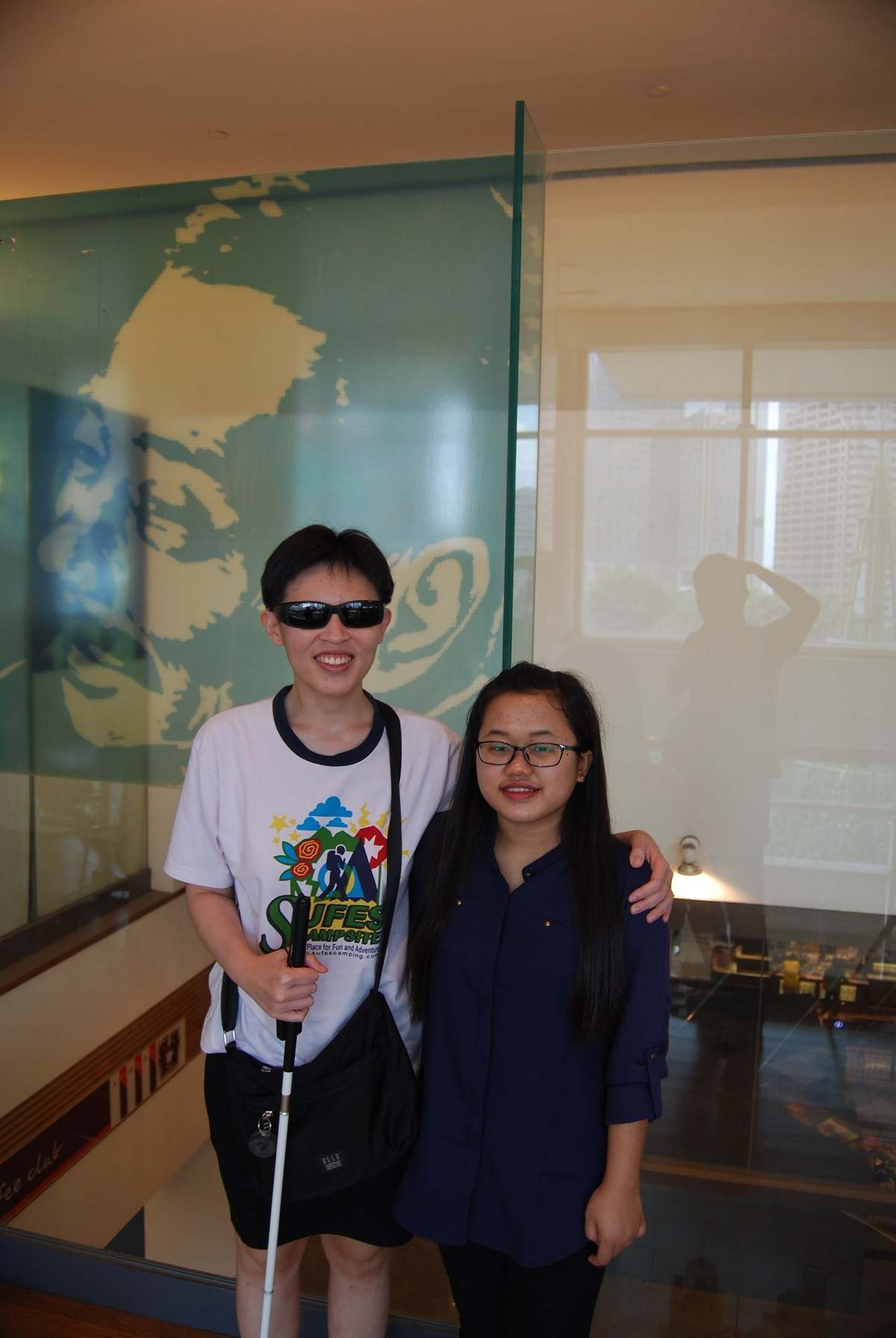
The Malaysian government sells public housing at a very low price to qualified Malaysians who instead of staying sublet their public housing to foreigners. Since their rental are low the foreigners are extremely attracted to stay there, as in the case of Kim Te and her family.
“I used to stay in a one room apartment with my whole family. What we didn’t know was that the owners of these public housing were not allowed to rent out their houses. So when the government made an announcement which declared that they would do a crackdown on the illegal renting of these houses, we were asked to move out of our home without given ample time. The owner of the house was quite mean, and informed me and my family to move out by the end of the month,” Kim Te lamented
Desperate for a place, Kim Te and her family searched high and low for a new place. They finally found a private shop lot but it cost a lot for the down payment. Thankfully a kind Christian brother offered to pay the down payment.
The future is still worrisome for Kim Te, and her family. There are other challenges they have to face. Even though they have refugee status, it is common among the Chin community to have at least one or two members of their family arrested either by the immigration or the police department.
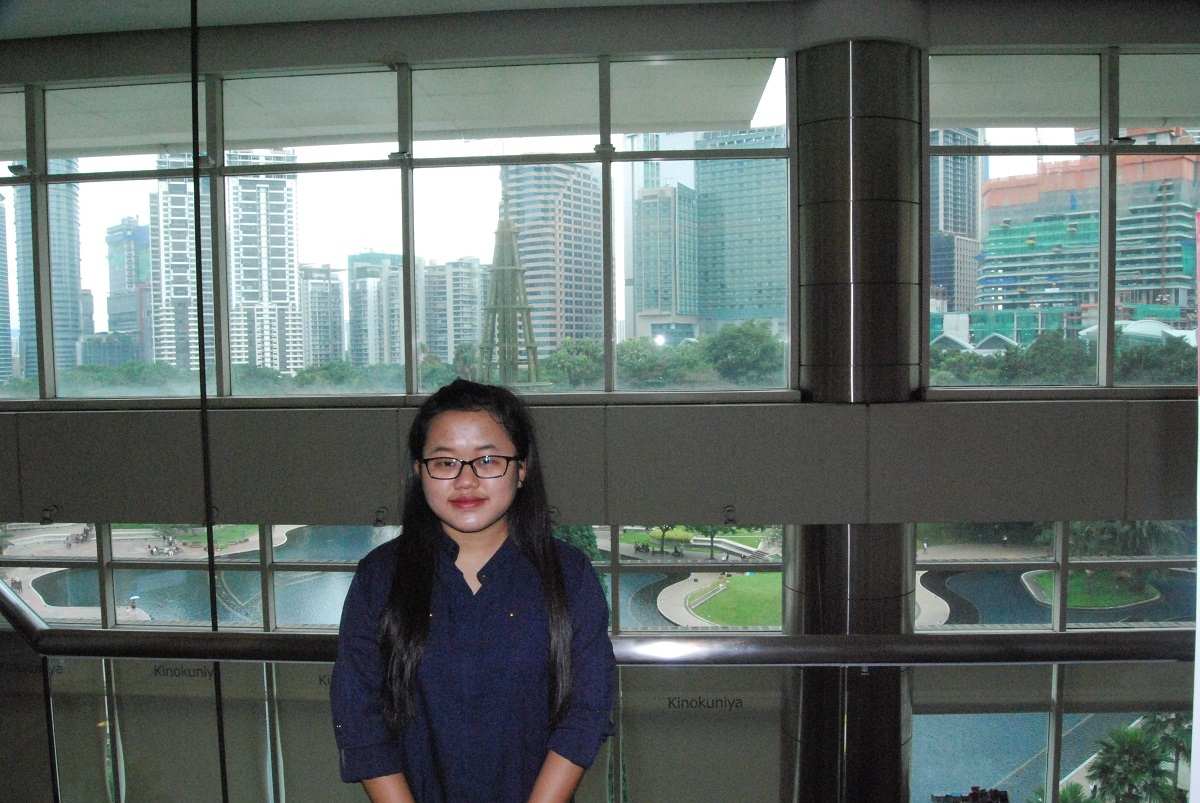
Marianne explained that some of the Chin were so desperate that they have gone into hiding in Cameron Highlands and lived in cardboard boxes deep in the jungle due to fear being caught and brought to the detention centres.
“There were many horror stories of people who were taken to the detention centres and are never heard from again,” Marianne explained.
“It’s really heart-breaking to realise that this is really happening in Malaysia itself. The Chins are our brothers and sisters in Christ. We will be celebrating a new year soon with much hope but for them when 2019 comes their future will be even be more uncertain,” Marianne added.
Kim Te also worries for those Chin children who were born here in Malaysia, if they are ever forced to return to Chin state.
“Most of the young Chin kids were born here in Malaysia. They don’t know the language which we use in our mother land which is Burmese. So I don’t think they will be able to fit into a school in Myanmar. Thus even if it is safe there would be a question on whether or not they will be accepted into school at all, since they don’t have the minimal requirement which is attending a Burmese school for a number of years. I don’t think they would be able to fit into a school. And for adults like me, we can’t work there as we need the certificates and qualifications like completing the tenth grade equivalent in Myanmar. We also have no house to stay as all the land has been taken by the people there,” Kim Te explained.
Marianne explained that Kim Te is also trying to find a job in the meantime. As of now, only her sister with father are working in Malaysia to support the family and without any organization that is willing to help them.
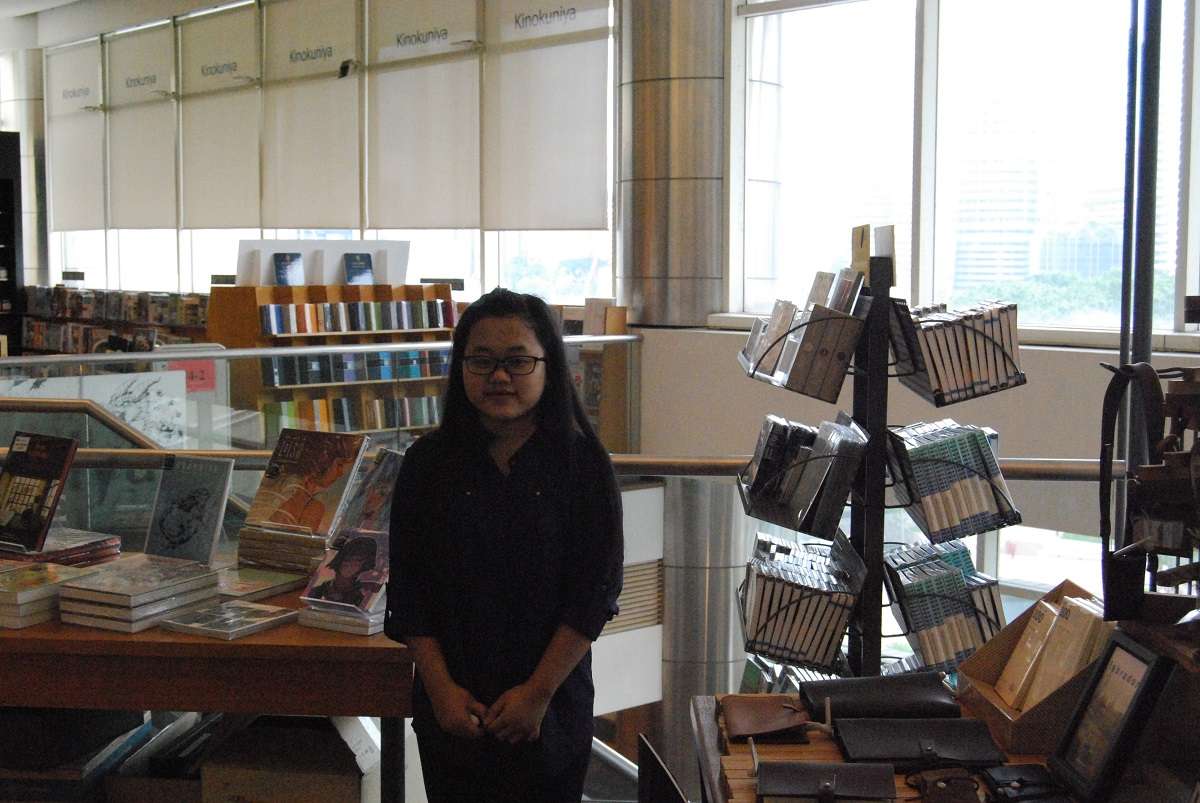
“NGOs have very limited resources to help the refugees that come to Malaysia. Because refugees have an unknown status in Malaysia, it’s hard to find a job that does not exploit them. Many are taken advantage of by unscrupulous Malaysians. It’s not fair for them to be exploited like that. We are praying that the Malaysia government will do something. We’ve approached some politicians, who said that they would try to bring this issue in parliament if they have the opportunity,” Marianne said.
She explained that even just allowing them to have protection to stay here for maybe at least five more years will make a difference for them. At least they can rebuild and maybe be prepared to return to the Chin state or other places.
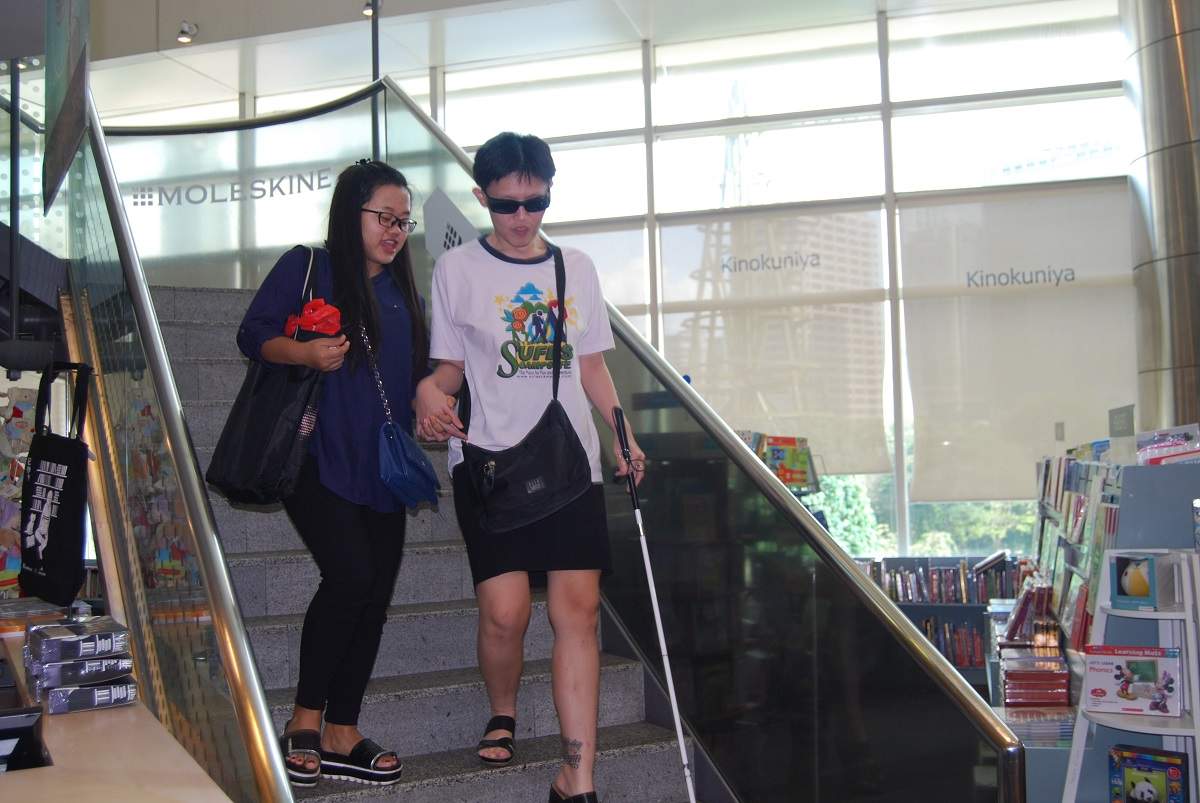
This outlook of life also has empowered her to speak out against this injustice done to her people. She has been very brave to speak about her people’s plight in the Star Newspaper, as well as Rhema Radio.
“For Kim Te to come to this, is taking a brave step. If her government finds out what she is doing, when she returns to Myanmar she might be arrested. Our prayer for her now is that she will get a job that will pay her fairly to settle off her debts and study loan which amounts to two thousand ringgit. Also she hopes for a job that will allow her to go to church on Sunday. One thing about the Chin refugees is that they are not looking for hand outs, all they want is a job and to be treated fairly,” Marianne explained.
Kim Te also said that she would prefer not to have any form of donation given to her, but would rather work for the money. Kim Te commented that for her community in Malaysia, any donation to individual Chin would eventually be handed to the heads of the Chin community and the money would then be channeled to families that have the direst needs.
“Because they see themselves as a Christian community, the money will be evenly distributed base on the needs. The Chins follow the practices of the early Christian communities, especially like what is done in the book of Acts,” Marianne explained. She added that such mind set should extend far out from the Chin into the Malaysian Christian community as this is how the body of Christ should be.
While we focus on missions abroad, we failed to realise the one in need just outside our doorstep. Our ‘invisible’ brothers and sisters in need around us which the church must be aware of.
